Small-scale manufacturing business owners often face a challenge raising enough capital to scale regionally or nationally. Owners can be caught in a loop to cover costs for materials and fulfill existing orders, while needing a larger profit margin to purchase the new equipment that would allow them to manufacture products faster.
Some business owners pursue venture capital in order to scale rapidly. Others prefer to scale more slowly, but may not qualify for a regular bank loan. This is often a significant challenge for women- and minority-owned businesses – a key engine for local economic growth.
The Center for Venture Research shares that in 2015 almost one-third of all entrepreneurs looking for angel investment were women. Only 14 percent of these owners received investment, as compared to the average of 18 percent of businesses receiving investment. Approximately ten percent of total businesses were minority-owned, with 22 percent of these receiving investment – significantly better than the average. Investment in manufacturing is a subset of these businesses, but the need is clear. Research on small business loans reinforces this point, suggesting that women-owned businesses are getting smaller loans at higher rates, and receiving loans less often than male-owned small businesses.
So the question is – how do we best support our local small-scale manufacturing businesses? And what is the best way for us to focus on women- and minority-owned businesses as an instrumental sector for lasting economic resilience?
A few communities and online platforms are addressing this question:
Accion Chicago is part of a national entity, Accion, that provides small business loans, seed capital, and small business risk education programming. This type of program benefits local small businesses and strengthen them for the future. A jurisdiction could seed funding to adapt this program locally.
Seattle Made Fund is a partnership between the City of Seattle, Community Sourced Capital, Boeing Employees Credit Union, Seattle Bank, and Seattle Made to finance 0% interest loans for local production businesses to grow. The Fund will match 1:1 dollars raised by the business, up to a $25,000 loan. The program helps the business raise capital from its existing audience and clients for the needed expansion and then matches that amount.
Indiegogo and MicroVentures are conducting a pilot run to direct equity investment through crowdfunding to a small-scale producer, alongside their usual tech startups. This is an interesting option for producers focused on scaling more rapidly, particularly those who have a strong community following.
Some communities have local versions of this type of equity crowdfunding, like Fund Milwaukee, but organizing an investment group in each community may be a big hurdle. Hatch Oregon provides crowdfunding support to both entrepreneurs and investors in Oregon, and works with individual communities to expand its reach. A state-wide model maybe a good alternative, but in many cases any one of these programs will require more extensive outreach to women- and minority-owned businesses to equitably represent the local community.
Other communities pair the business needs with the redevelopment needs. New Market Tax Credits (NMTC) are a great tool that allows funders to both invest in the building, and potentially invest in the job-creating business that occupies the space long-term. (For more information about recent NMTC awards, check out the searchable database.) This tool is a phenomenal way to focus business investment to reap the benefit both for job creation and for revitalization of the target neighborhood.
Local efforts to finance and invest in small-scale manufacturing may be the key to a vibrant business sector that creates more good paying jobs. When doing so, communities should carefully consider outreach efforts to reach women- and minority-owned businesses and think about where the businesses will locate within the community. Extra outreach to these business owners may help to ensure that the economic benefits accrue across populations within the community, and support a more resilient economy for the long-term.

